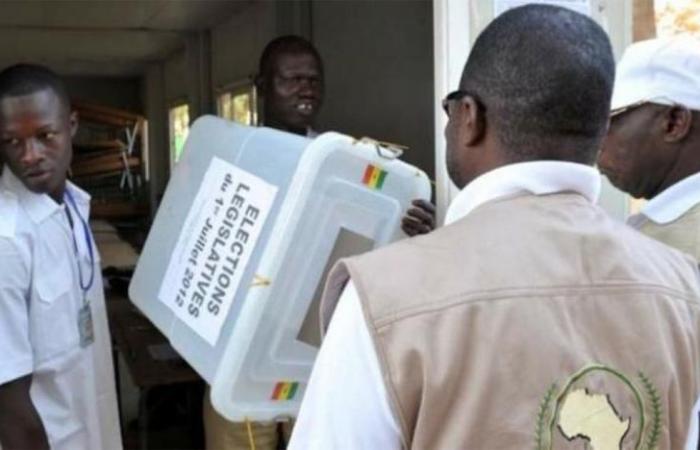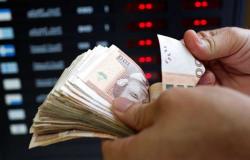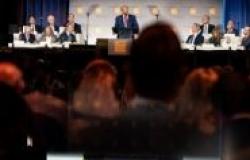This Sunday, Senegalese citizens are called to the polls to elect the 165 deputies of the National Assembly, in a context marked by political tensions and a worrying budgetary crisis which threatens the economy and employment. These elections, called six months after the dissolution of Parliament dominated by the opposition, constitute a crucial issue for President Bassirou Diomaye Faye, in power since April, who aspires to obtain a parliamentary majority to support his ambitious reform program.
The bitterly contested electoral campaign pits the ruling party, Pastef (Patriots of Senegal for Work, Ethics and Fraternity), led by Prime Minister Ousmane Sonko, against two large opposition coalitions. The first, Samm Sa Kaddu, is led by the mayor of Dakar, Barthélémy Dias, while the second, Jamm Ak Njarin, is led by Amadou Ba, former Prime Minister and leading figure of the opposition during the previous presidential elections.
Added to these forces is an unprecedented alliance between two former presidents: Macky Sall, leader of the Alliance for the Republic (APR), and Abdoulaye Wade, historic figure of the Senegalese Democratic Party (PDS), united under the banner of the coalition Takku Wallu Senegal.
The vote takes place in a tense climate, exacerbated by the violence that marred the presidential election last March. Senegalese society remains divided, and observers fear new clashes on the sidelines of this election day.
Nearly 7.4 million registered voters are expected in the polling stations, open until 6 p.m. (local time), to decide between the 41 registered lists. The National Assembly resulting from this vote will sit for a five-year term, playing a key role in the political and economic direction of the country.
These elections, much more than a simple legislative deadline, are seen as a barometer of the democratic stability of Senegal, often presented as a model in West Africa. The result, beyond partisan rivalries, will determine President Faye’s ability to overcome the economic and social challenges that weigh heavily on the nation.






